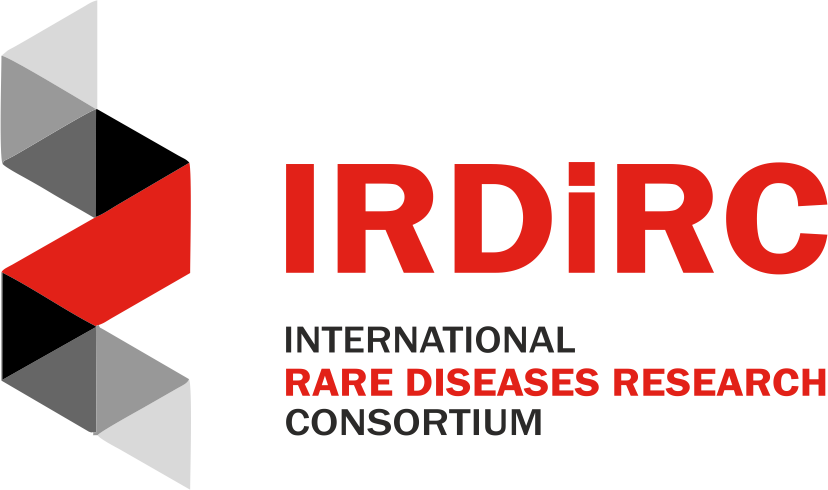Introduction
While there are several thousand rare diseases, the number of underlying molecular etologies is far fewer. Moreover, there are ongoing research efforts and drug development efforts to target these shared molecular etologies.
Grouping rare disease patients based on the underlying molecular etology, rather than the traditional, symptom-based definition of disease, has the potential to in effect reduce the numbers of disease, while greatly increasing the number of patients gaining access to clinical trials. Importantly, the basic approach of enrolling patients in “basket” clinical trials based on a molecular marker, rather than clinical features or organ system, is becoming common in the field of oncology, and has been accepted by the US FDA, resulting in drug approvals.
Therefore, the focus of this activity is to adapt the molecular targeted basket trials approach from oncology and apply it to drugs that target shared molecular etiologies underlying multiple rare diseases.
This Task Force will address and document the existing challenges in adapting the basket trial approach used in molecularly targeted oncology clinical trials to drugs targeting shared molecular etiologies underlying multiple rare diseases. Activities include to identify how previous, ongoing, and planned initiatives will address these challenges, provide to potential funders recommendations for how they might help accelerate this process, and thereby greatly expanding the number of rare disease patients in clinical trials.
Objectives
- To assess the global landscape for development of drugs targeting same molecular etiologies.
- To develop a framework for basket trials of drugs targeting shared molecular etiologies underlying multiple rare diseases, based on the success of tissue agnostic basket trials in oncology.
- To identify potential regulatory roadblocks to such rare disease basket trials, and solutions to overcome them.
- To explore strategies to identify patients that would be eligible to participate in same molecular etiologies clinical trials.
Plans and timeline
- Assemble the Members of the Task Force and the Co-Chairs. Develop a project plan that includes tasks to be undertaken (Q3 2021)
- Convene a workshop to discuss identified challenges in the conduct of clinical trials or drugs targeting shared molecular etiologies underlying multiple rare diseases, and potential recommendations to funders (Q2 2022)
- Draft a document describing the primary challenges, relevant past and ongoing initiatives that address these challenges, and recommendations to potential funders (Q3 2022)
- Publish findings and recommendations (Q4 2022)
Members (17)
- Kate Baker – University of Cambridge, UK
- Philip John Brooks – National Center for Advancing Translational Sciences at NIH, USA
- Luis Castaño Gonzales – Cruces University Hospital, Spain
- Marc Dooms – University Hospital Leuven, Belgium
- Macarena Garrido Estepa – Rare Diseases Research Institute, Instituto de Salud Carlos III, Spain
- Ana Crespo – Global Medical Affairs Rare Nephrology, Sanofi Genzyme, Italy
- Antony Hall – Healx, UK
- Ralf-Dieter Hilgers – Aachen University Hospital, Germany
- Kristina Larsson – European Medicines Agency, Europe
- Simone Louisse – Patient advocate, ERN-Heart, Europe
- Rima Nabbout – Université Paris Descartes,France
- Daniel O’Connor – Medicines and Healthcare products Regulatory Agency, UK
- Damjan Osredkar – Medical University of Lubijana, Slovenia
- Mihalis Panagiotidis – Cyprus Institute of Neurology and Genetics, Cyprus
- David Pearce – Sanford Health, USA
- Maurizio Taglialatela – University of Naples, Italy
- Joanna Trubicka – Children’s Memorial Health Institute, Poland
- Jason Wan – National Institute of Dental and Craniofacial Research at NIH, USA
- Christina Waters – Congenica, USA
Documents
- Published manuscript is available here: https://www.embopress.org/doi/full/10.15252/emmm.202217159

